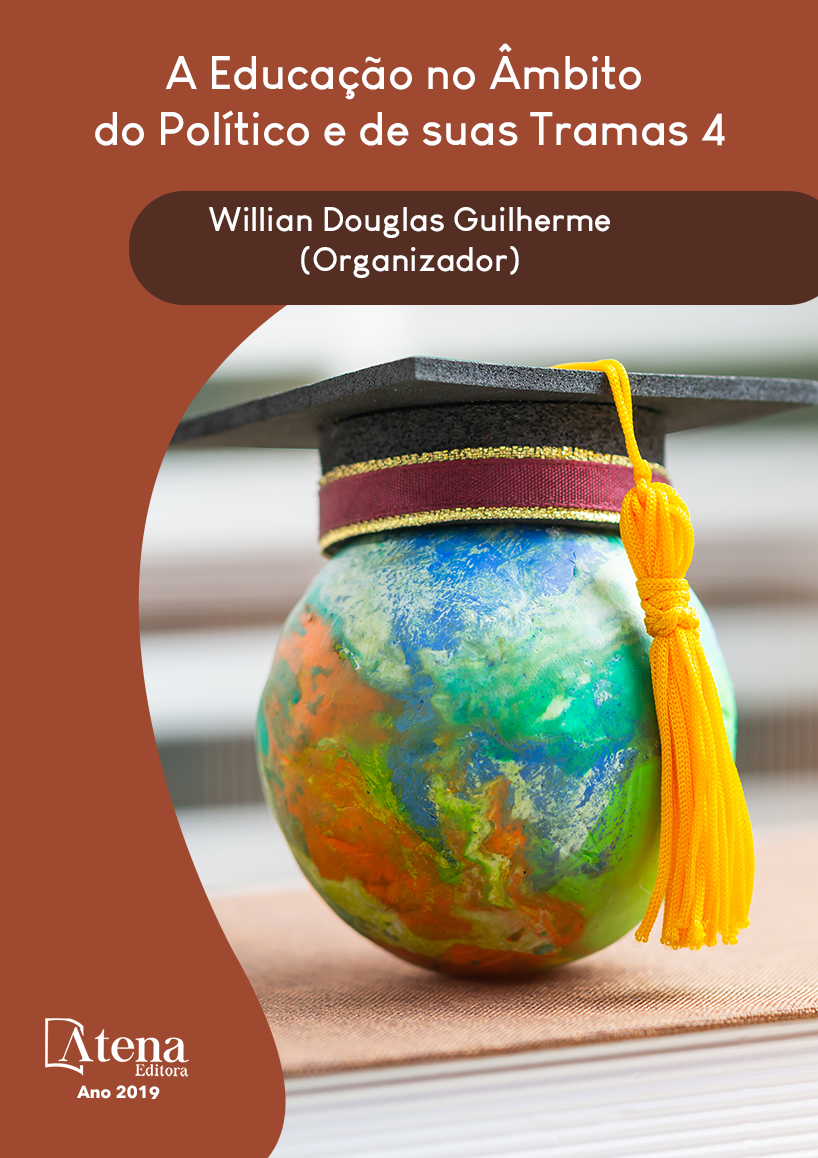
BREVES CONSIDERAÇÕES SOBRE A EDUCAÇÃO INTEGRAL E O PROGRAMA MAIS EDUCAÇÃO: ESPAÇOS, TEMPOS E SABERES
Este artigo parte de estudos no PPGEDu/UNEMAT e tem por objetivo apresentar alguns aspectos conceituais e políticos da educação integral e de tempo integral, em perspectiva história. Explora conceitos de educação integral expresso por anarquistas e libertários, na Europa, cujo objetivo era a educação a serviço da transformação social. Apresenta as primeiras experiências de educação integral, no Brasil, idealizadas por pensadores como Anísio Teixeira, na Bahia (1950) e Darcy Ribeiro, no Rio de Janeiro (1980), até a experiência mais recente com a estratégia governamental instituída por meio do Programa Mais Educação, pelos governos federal, entre 2007 e 2016. É um estudo exploratório, de abordagem qualitativa e análise documental. Conclui com uma crítica à educação tecnicista, formal, pouco afeita à abertura para experiências de educação integral e de tempo no interior da escola, com destaque para a articulação de tempo-espaço e saberes formais e não-formais.
BREVES CONSIDERAÇÕES SOBRE A EDUCAÇÃO INTEGRAL E O PROGRAMA MAIS EDUCAÇÃO: ESPAÇOS, TEMPOS E SABERES
-
Palavras-chave: Educação Integral; Programa Mais Educação.
-
Keywords: Integral Education; More Education Program.
-
Abstract:
This article was part of studies at PPGEDu / UNEMAT and aims to present some conceptual and political aspects of full and full time education, in a historical perspective. It explores concepts of integral education expressed by anarchists and libertarians in Europe, whose purpose was education in the service of social transformation. It presents the first experiences of integral education in Brazil, conceived by thinkers such as Anísio Teixeira, in Bahia (1950) and Darcy Ribeiro, in Rio de Janeiro (1980), until the most recent experience with the government strategy instituted through the More Program. Education, by the federal governments, between 2007 and 2016. It is an exploratory study, with qualitative approach and document analysis. It concludes with a criticism of the technical, formal education, which is not very open to openness to experiences of integral education and time within the school, highlighting the articulation of time-space and formal and non-formal knowledge.
-
Número de páginas: 8
- Everaldo Dias Matteus


